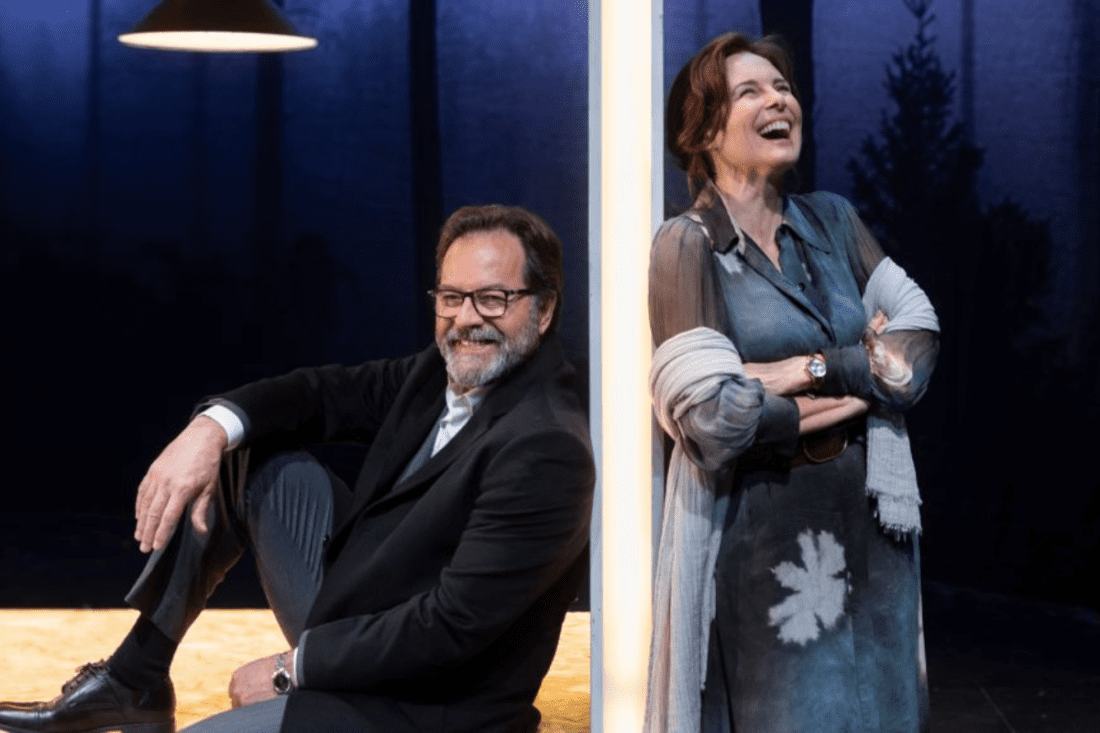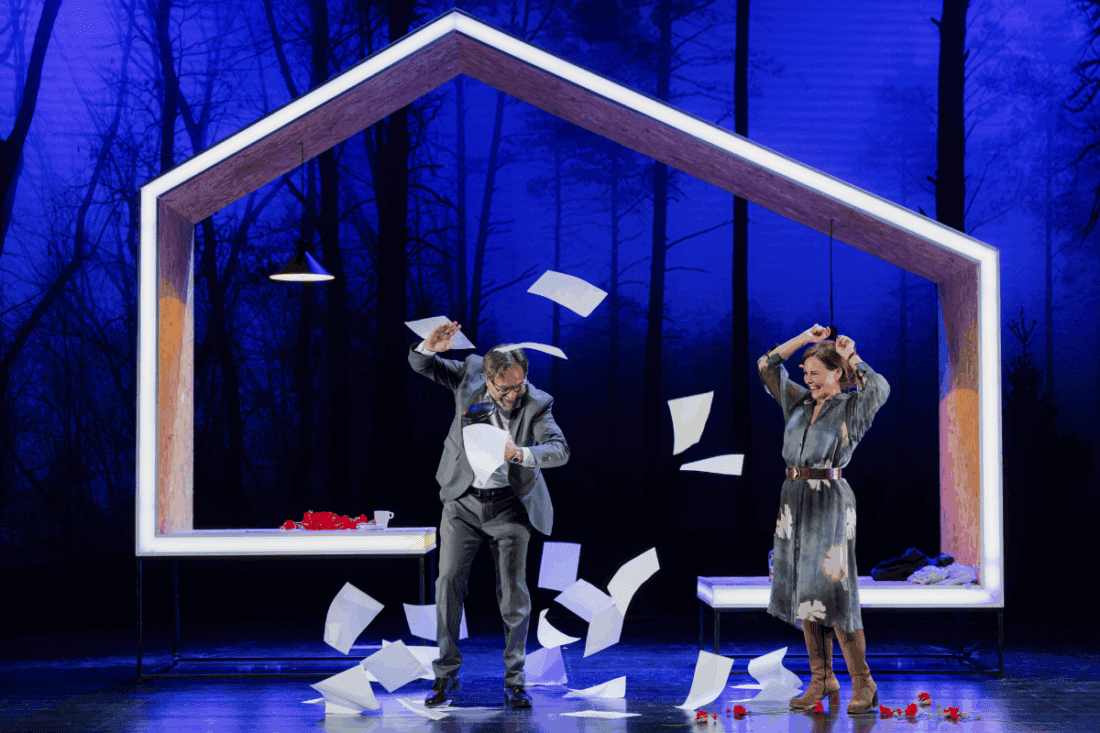
The Revolution of Hope – Magazine Teatre Barcelona
Hope. This is the word that for Abel folk best defines the show Carnationsa text of the journalist and playwright Emma Riverola. “It is a function with constructive critique, eager to activate the debate to move forward and project ourselves,” says the actor and director. After working together in the work Puertas AbiertasRiverola and Folk wanted to repeat collaboration. Folk proposed to speak of the 50 years of Spanish democracy, and Riverola mirrored it with the Portugal carnation revolution, a non -violent rebellion that ended with the dictatorship of the neighboring country shortly before Franco’s death. The work begins with the reunion of two former friends, played by folk and Sílvia Marsówho, as a young man, experienced this historical episode “with great intensity, with youth energy and a head full of utopias”. When they return to Spain, she is dedicated to writing political philosophy from a theoretical perspective, while he tries to put it into practice and becomes president of the government. Forty years after a traumatic event that causes its separation, to see the stir again personally and ideologically. In this sense, Folk emphasizes the author “the ability to communicate in the same scene the highest, more philosophical discourse, with the most personal, more everyday and immediate discourse. And with a lot of humor.”

Abel Folk and Sílvia Marsó
As has happened on other occasions, Folk addresses himself. “It’s not ideal, but I know what’s going on,” he admits. Months before the rehearsals began, he prepares his character with an actor’s assistant, so when he officially starts he can focus more on the direction. The other role in this proposal is co -producer along with his companion Gloria Casanovaswith whom in the 2000’s she founded Faig Productions: “She was the producer of the floats when the National Theater of Catalonia was opened,” says Folk. By joining the mutual experience, they have produced a few shows: “We are lucky or privileged to not be forced to produce constantly,” he says. “We are not too difficult to raise projects because when we present one, he has a face and eyes.”

Nail He has been around for the state for a year and folk emphasizes the good reception: “The people of our generation serve to remember lived stories. But it also serves for the younger people who did not live it, to contact a reality that we have done as we are.” Now they will have to rehearse the work in Catalan: “It did not make sense for Silvia and I came to Barcelona in Spanish”. At the moment they have two weeks scheduled at the Goya Theater and a tour of Catalonia, although they do not rule out more: “If you make the effort to raise a show, it is worth keeping it and offering it as many people as possible.” Folk believes that the current aid system causes an excess of more precarious production, with small teams and resources and with little life projects: “Instead of exploiting a show three or four weeks, we make it bigger and exploit it for three months,” he claims. “It’s what we had done not so many years ago. Twenty-five crises have come, I understand it. But these are things we have to reflect now that it seems that the thing is Tirant and that there is a political will. There will be new spaces, new theaters … It is a time to reflect on how we want to be when we grow up.” For the moment, however, he cannot complain about lack of work. The series is currently shot The Encrucijadapending release on Antena 3. The second season of Vintage to 3cat. And in November it will be at TNC with The crown of thornsa piece of Josep Maria de Sagarra directed Xavier Albertí With more than ten performers.
More information, pictures and entries:










